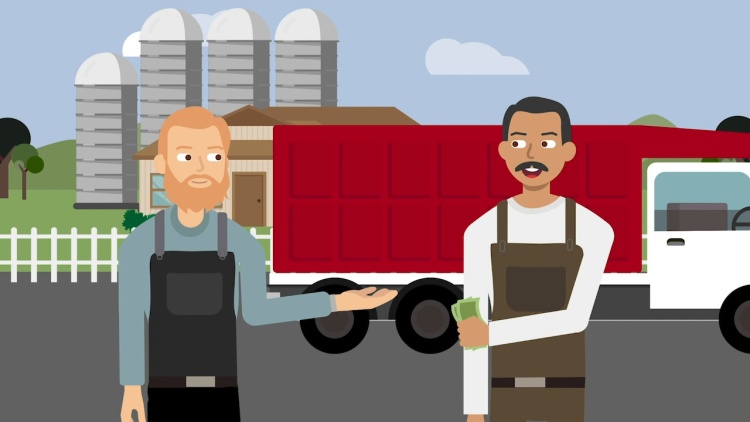Bowman v. Monsanto Company
United States Supreme Court
569 U.S. 278, 133 S. Ct. 1761 (2013)

- Written by Josh Lee, JD
Facts
Monsanto Company (Monsanto) (plaintiff) developed and patented a soybean seed with a genetic modification that enabled the soybean to survive exposure to certain herbicides. Monsanto only sold these patented seeds to purchasers who agreed to a licensing agreement. The agreement prohibited the purchasers from harvesting and replanting seeds from crops grown with the purchased seeds. Vernon Bowman (defendant) purchased the patented seeds from Monsanto each season for his first crop. However, for subsequent crops each season, Bowman then purchased more seeds from a grain elevator. Under federal law, grain elevators were only permitted to sell the seeds for consumption and were not permitted to sell them for agricultural seed. Ignoring this restriction, Bowman planted and harvested eight crops using the seeds from the grain elevators. Monsanto discovered this practice, and sued Bowman for violating Monsanto’s patents. The district court ruled in favor of Monsanto and awarded damages of $84,456. Bowman appealed to the United States Court of Appeals for the Federal Circuit, which affirmed. Bowman then petitioned the United States Supreme Court for review.
Rule of Law
Issue
Holding and Reasoning (Kagan, J.)
What to do next…
Here's why 907,000 law students have relied on our case briefs:
- Written by law professors and practitioners, not other law students. 47,100 briefs, keyed to 996 casebooks. Top-notch customer support.
- The right amount of information, includes the facts, issues, rule of law, holding and reasoning, and any concurrences and dissents.
- Access in your classes, works on your mobile and tablet. Massive library of related video lessons and high quality multiple-choice questions.
- Easy to use, uniform format for every case brief. Written in plain English, not in legalese. Our briefs summarize and simplify; they don’t just repeat the court’s language.





